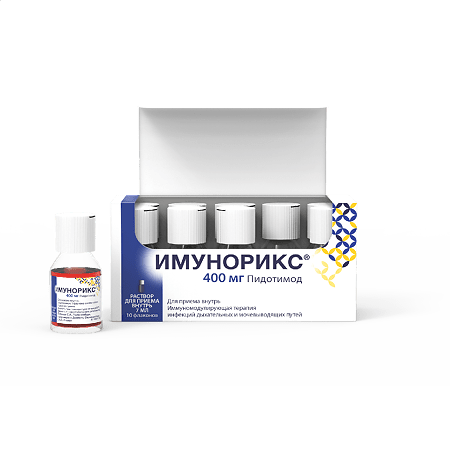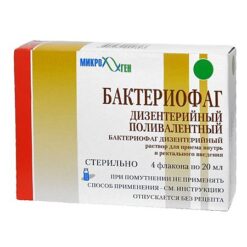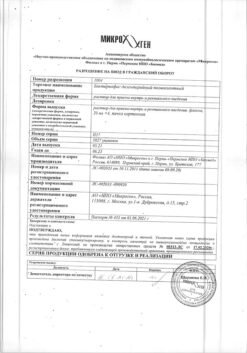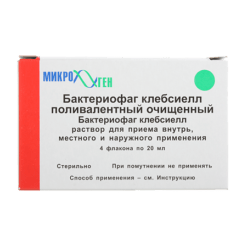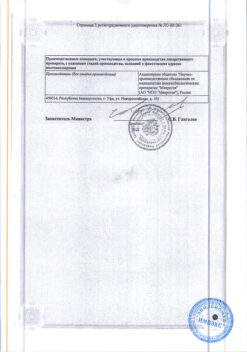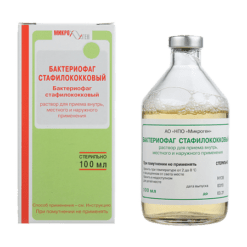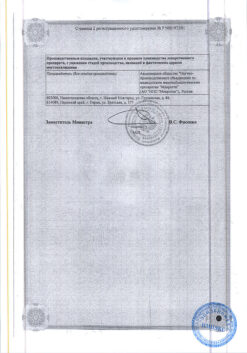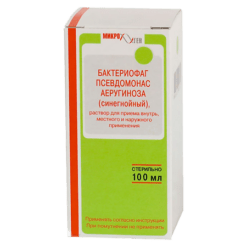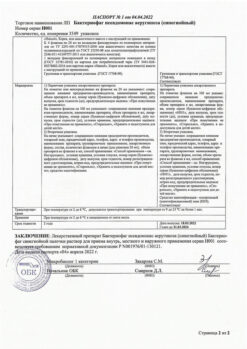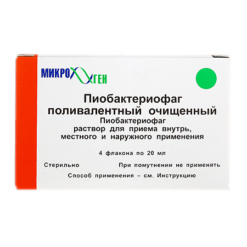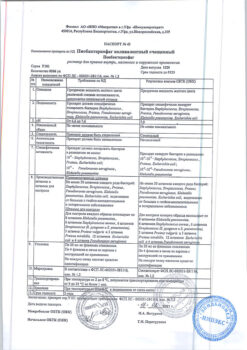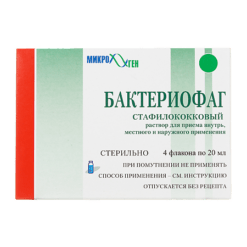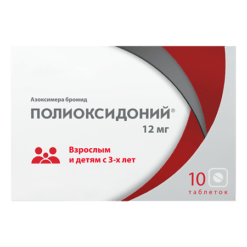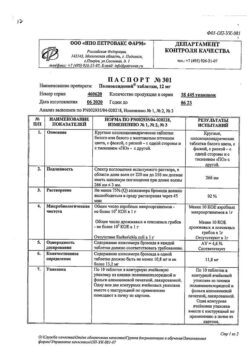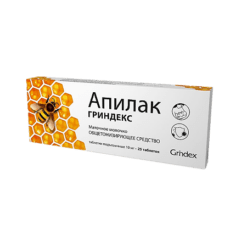No products in the cart.
Immunorix, 400 mg 7 ml 10 pcs
€31.26 €26.05
Description
Pharmacotherapeutic group:immunostimulant
ATX code: L03AX05
Pharmacodynamics
Pidotimod stimulates and regulates cellular immunity. Pidotimod induces maturation and formation of immunocompetent T-lymphocytes in their deficiency, which are charged with the role of coordinators of specific immunity in physiological conditions by partially replacing or enhancing the functions of the thymus gland. In addition, pidotimod stimulates macrophages, whose main function is to capture antigen and its presentation on the cell membrane in complex with histocompatibility antigens. The body’s ability to counteract infectious agents is expressed in effective specific immune, cellular and antigen-antibody defense responses.
Pidotimod has therapeutic effects through immunostimulatory action on innate immunity and antibody production, on cellular immunity and on cytokine production.
Pidotimod increases production of superoxidans, tumor necrosis factor-α, NO (bactericidal effect) as well as chemotaxis and correspondingly phagocytosis. The drug also increases cytotoxic activity of natural killer cells.
Pidotimod enhances functional activity of T- and B-lymphocytes, increases stimulation of antigen-antibody reaction and inhibits apoptosis induced by dexamethasone, 12-O-tetradecanoylphorbol-13-acetate and calcium ionophore A-23187.
Pidotimod increases interleukin-2 (IL-2) in aged rats and IL-2 gene expression in the rat spleen. In particular, pidotimod has been shown to have immunostimulatory effects, especially in cases of immune system insufficiency as well as when it is functioning at a physiological level.
Pharmacokinetics
In oral administration, absorption is high. Bioavailability is 45%, elimination half-life is 4 hours. The drug is excreted unchanged in the urine (95% of the intravenous dose).
The speed and degree of absorption of pidotimod is significantly reduced when concomitantly taken with food. Bioavailability when taken orally with food is reduced by up to 50%, maximum serum concentrations are reached 2 hours later compared to fasting.
Pharmacokinetic studies with elderly patients showed no differences from pharmacokinetics in adults.
The drug is completely excreted in the urine; the half-life is longer in renal insufficiency. However, even in severe renal insufficiency (creatinine content in blood plasma 5 mg/dL) the half-life of pidotimod does not exceed 8-9 hours. As patients take the drug every 12 hours or 24 hours, there is no risk of cumulation in renal failure.
There have been no studies in hepatic impairment because the drug is almost completely excreted unchanged in the urine.
Indications
Indications
Active ingredient
Active ingredient
Composition
Composition
How to take, the dosage
How to take, the dosage
Interaction
Interaction
Pidotimod does not bind to plasma proteins and is not metabolized, therefore no pharmacokinetic interactions are expected.
The drug may affect the effectiveness of drugs that suppress or stimulate the functional activity of lymphocytes or affect the activity of the immune system.
. In animal studies, when combined with other commonly used drugs, pidotimod did not cause undesirable interactions with hypoglycemic agents (tolbutamide), antiepileptic agents (phenobarbital) hypotensive agents (nifedipine, captopril, atenolol), diuretics (chlorothiazide), anticoagulants (warfarin), nonsteroidal anti-inflammatory drugs (indomethacin), analgesics (acetylsalicylic acid) or antipyretics (paracetamol).
Special Instructions
Special Instructions
The drug does not affect the ability to drive and operate machinery.
Synopsis
Synopsis
Contraindications
Contraindications
Side effects
Side effects
The few adverse events reported in clinical trial reports (gastric pain, burning sensation in the stomach) were comparable to adverse events in placebo groups in double-blinded clinical trials; these events appear to be related to concomitant antibiotic therapy.
The following adverse events were reported during post-registration use, the frequency of which was defined as follows, respectively: Very common (â¥1/10), common (â¥1/100, but < 1/10), infrequent (â¥1/1000, but < 1/100), rare (â¥1/10000, but < 1/1000), very rare (< 1/10000), frequency unknown (cannot be established from available data).
Disorders of the immune system:
One case of uveitis and one case of Schoenlein-Henoch syndrome has been reported per 1 million patients treated with pidotimod;
Gastrointestinal disorders:
Very rare: Nausea, diarrhea, abdominal pain;
Skin and subcutaneous tissue disorders:
Very rare: manifestations of allergic dermatitis, including urticaria, skin rashes, lip edema, itching.
Overdose
Overdose
There have been no reports of overdose and inappropriate use of the drug.
There are no specific data on the treatment of overdose of Immunorix. In case of overdose, it is recommended to immediately consult a physician. Patients require adequate supportive and symptomatic therapy. Close monitoring should continue until the patient recovers.
Pregnancy use
Pregnancy use
Additional information
| Shelf life | 3 years. Do not use after the expiration date. |
|---|---|
| Conditions of storage | Store at a temperature not exceeding 30°C. Keep out of reach of children! |
| Manufacturer | Doppel Pharmaceutici S.R.L., Italy |
| Medication form | oral solution |
| Brand | Doppel Pharmaceutici S.R.L. |
Related products
Buy Immunorix, 400 mg 7 ml 10 pcs with delivery to USA, UK, Europe and over 120 other countries.

